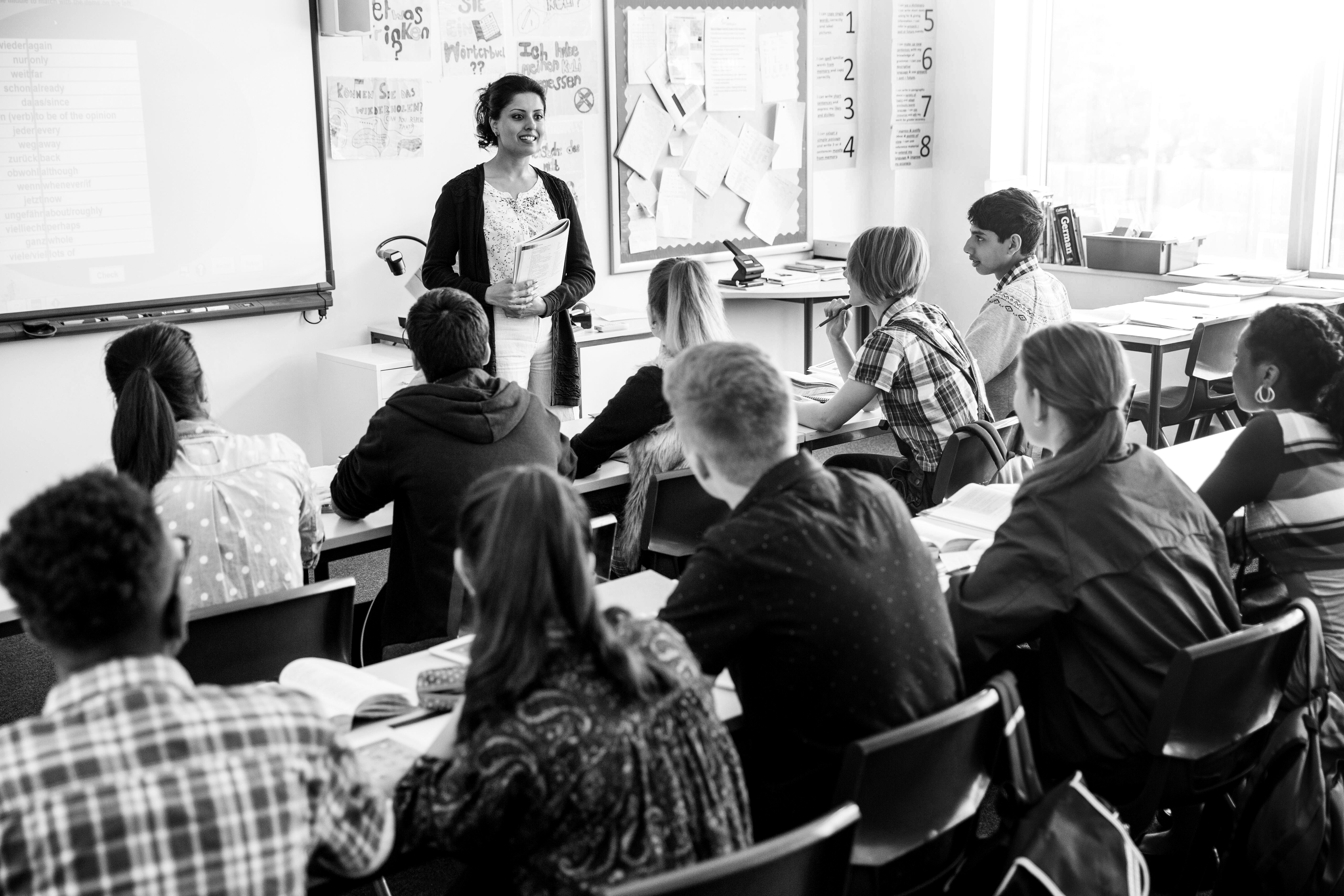This blog post was published under the 2017 – 2019 Conservative government
Teachers do a fantastic job of safeguarding children against many threats and dangers, even though this is not always an easy task. Talking about radicalisation and terrorism, for example, can ignite broader debates around politics, culture, religion and prejudice; these are sensitive conversations that can be tricky to manage in a classroom environment.
However, the importance of educational professionals in leading these difficult conversations cannot be overstated. If neither school nor home is a safe space to discuss these issues then it leaves an information gap that can be exploited by those with sometimes sinister agendas. This includes those looking to radicalise young people.
Most Prevent referrals come from statutory agencies and this reflects teachers’ unique position in fostering resilience though critical thinking and pastoral care and support.
With this in mind, Educate Against Hate has put together some tips for facilitating honest, thoughtful and dynamic discussions surrounding terrorism and its associated influences:
1. Ask pupils what they currently know and plan your lesson accordingly.
Not only does this help children feel listened to, it provides teachers with an opportunity to tailor the conversation toward specific concerns and prepare a response to any difficult questions which might arise.
2. Address challenging narratives with empathy.
Generalising or stereotyping comments can be tackled by helping pupils to understand how prejudices are formed and reinforced. Encouraging pupils to think about the issue from a different perspective is key, as is providing examples which dispel commonly held preconceptions.
3. Emphasise community cohesion.
Though the complexity of the factors involved in terrorism and extremism should be acknowledged, we must be mindful of overwhelming pupils, and in turn fostering a sense of division or powerlessness. One way to mitigate against this might be to highlight the sense of solidarity and shared values in your own school. By celebrating our own communities and providing positive examples of people working together to address problems, we are presenting pupils with a model of resilience in practice and providing a strong counter narrative to polarising influences.
4. Engage directly with the causes.
The best way to build resilience against extremism is to ensure that pupils understand how extremist ideas establish themselves and what extremists are trying to achieve. Resources such as Extreme Dialogue can be helpful to explain why some people are attracted to extremist narratives – whether that be Islamist, far right or as part of the Northern Irish conflict. Then, by explaining why values like democracy, inclusivity and tolerance are important, and by clarifying the threat that extremist ideologies pose to them, we can give pupils the tools they need to challenge dangerous ideologies where they confront them.
5. Be clear about what is and is not acceptable.
While there are no “right” answers to many of the questions associated with radicalisation, there are some views which should not be tolerated, and may even need to be escalated. Students should be able to speak freely, but this must also be done safely, and with the rights of others in mind. This can be ensured by clarifying that ideas which infringe on another’s safety or incite hatred or violence are in breach of the law, and by exploring the balance of rights and freedoms with pupils. For further support and practical resources for conducting safeguarding, visit our Teachers’ hub.

